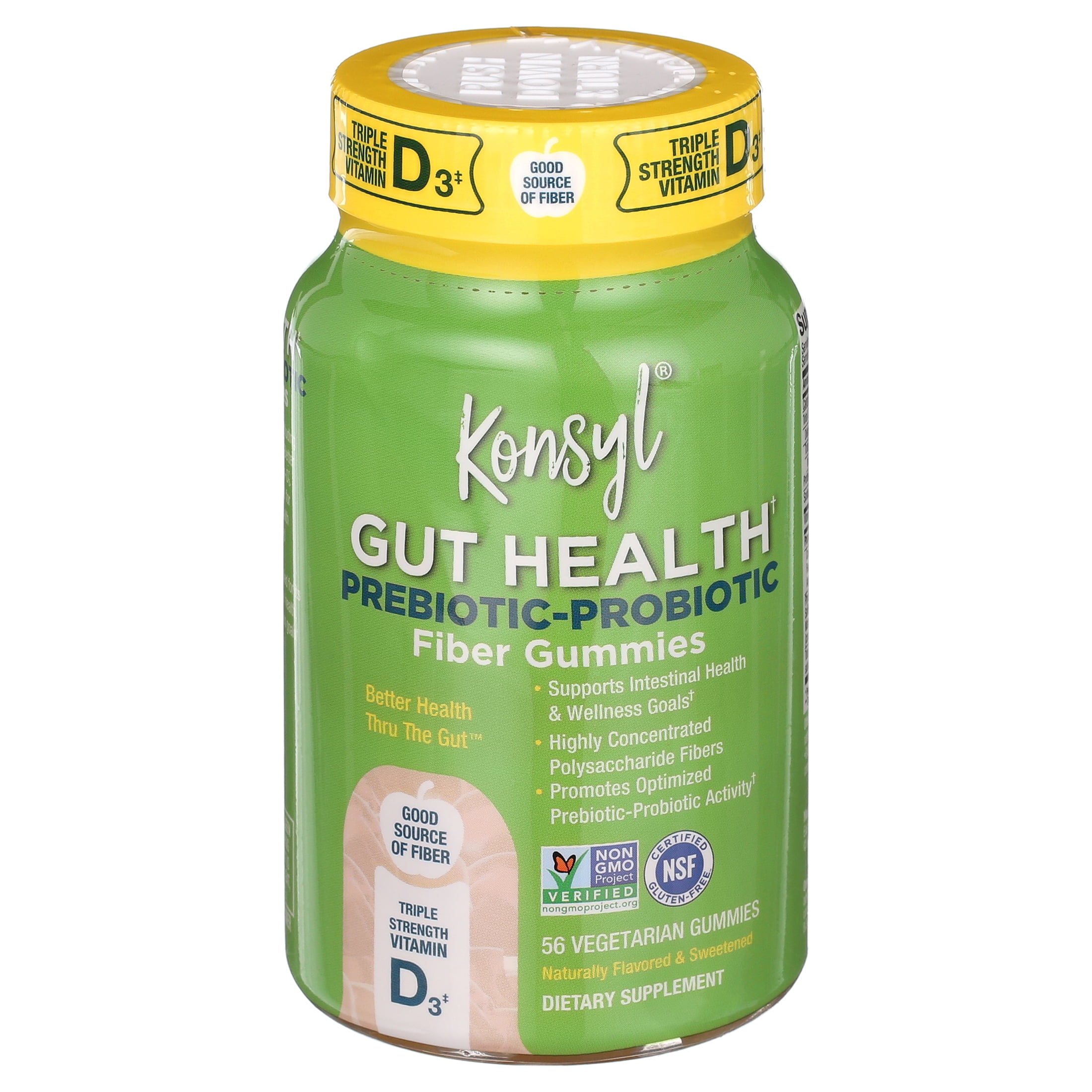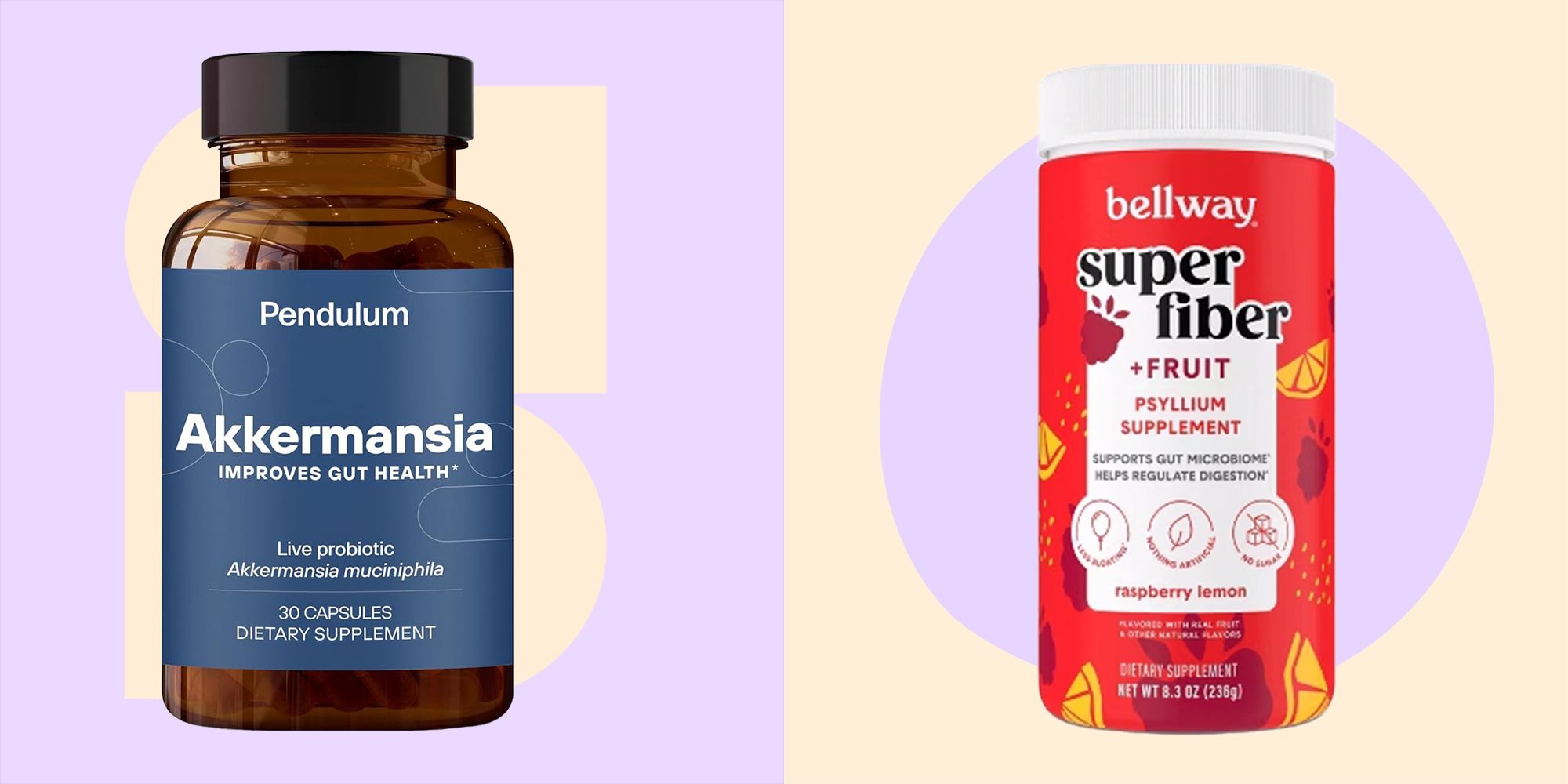Discover the Secret to Digestion and Resistance With Digestive Tract Health And Wellness Support

Comprehending Gut Health
Comprehending digestive tract wellness is important for general well-being, as it plays a significant role in digestion, immunity, and even psychological wellness. The intestine, making up the gastrointestinal tract, is liable for breaking down food, taking in nutrients, and eliminating waste. A balanced gut atmosphere ensures effective food digestion, allowing the body to use nutrients successfully.
In addition, intestine health dramatically affects the immune system. The digestive tract houses a significant section of the body's immune cells, and a healthy gut can aid repel microorganisms and lower inflammation. Disruptions in gut wellness can cause an overactive immune response, potentially contributing to autoimmune conditions and allergies.
Furthermore, the gut is often described as the "2nd mind" because of the gut-brain axis, an intricate interaction network connecting the gut and the brain. This link influences state of mind, cognition, and emotional well-being. Concerns such as dysbiosis, defined by an inequality in gut germs, have actually been connected with mental health conditions, including anxiety and anxiety.
The Gut Microbiome Explained
The gut microbiome, a varied neighborhood of microorganisms staying in the intestinal system, plays a pivotal role in preserving digestion health and overall wellness. Consisting of trillions of bacteria, infections, fungi, and other microorganisms, this facility ecosystem aids in the digestion of food, the synthesis of essential nutrients, and the regulation of metabolic processes.
Each individual's gut microbiome is one-of-a-kind, affected by aspects such as diet, lifestyle, genetics, and ecological exposures. A well balanced microbiome supports optimal food digestion by damaging down complicated carbs, creating short-chain fatty acids, and facilitating the absorption of nutrients. Alternatively, an inequality, frequently described as dysbiosis, can cause digestive disorders, including short-tempered bowel syndrome (IBS) and inflammatory bowel disease (IBD)
Research study has actually demonstrated that a varied microbiome is connected with far better health outcomes, underscoring the value of dietary options in nurturing these microbes. Foods rich in fiber, probiotics, and prebiotics, such as fruits, vegetables, and fermented products, can advertise a healthy microbiome. Comprehending the intestine microbiome is necessary for creating targeted interventions targeted at boosting digestion health and protecting against intestinal illness.

Connection In Between Digestion and Resistance
A robust link exists between digestion and immunity, highlighting the vital role of the digestive tract in maintaining overall wellness. The gastrointestinal tract is home to trillions of bacteria that develop the digestive tract microbiome, which considerably influences both immune responses and digestive procedures. This complicated ecological community help in damaging down food, absorbing nutrients, and supplying essential metabolites that support immune feature.
When digestion is reliable, the intestine obstacle remains intact, protecting against hazardous virus from getting in the blood stream. Approximately 70% of the immune system lives in the gut-associated lymphoid cells (GALT), which interacts closely with the digestive tract microbiome.
Tips for Sustaining Digestive Tract Wellness
Supporting gut health is important for keeping both gastrointestinal effectiveness and a well-functioning immune system. To promote optimal intestine wellness, consider including several functional strategies into your everyday routine.
First, focus on hydration. Consuming alcohol sufficient water sustains food digestion and helps preserve the mucosal cellular lining of the intestinal tracts. Additionally, routine exercise can improve gut mobility and promote a varied microbiome.
Conscious eating methods are likewise important. Eating food thoroughly and eating gradually can assist food digestion and stop over-eating, which might emphasize the digestive tract. In addition, handling click over here anxiety with techniques such as reflection, yoga exercise, or deep-breathing exercises can positively affect digestive tract health and wellness, as anxiety is recognized to disrupt digestive system processes.
Integrating prebiotics and probiotics right into your regimen is one more efficient strategy. While specific foods will be discussed later, recognizing the importance of these parts is critical. Prebiotics act as food for helpful intestine germs, while probiotics introduce real-time beneficial organisms.
Last but not least, avoid too much use anti-biotics, as they can interrupt the balance of intestine plants. By following these pointers, you can substantially add to the upkeep of a healthy digestive tract, which is essential for general wellness and vitality.
Foods That Promote Intestine Wellness

Fermented foods, such as yogurt, kimchi, sauerkraut, and kefir, are abundant in probiotics, which are useful germs that support browse around this site gut vegetations and improve food digestion. These foods can aid recover balance in the digestive tract, specifically after antibiotic use or digestion disruptions.
In addition to fermented choices, prebiotic foods, such as garlic, onions, asparagus, and bananas, act as nutrition for these probiotics, promoting their growth and task. These soluble fibers support gut mobility and can minimize issues like constipation.
In addition, incorporating high-fiber foods, including whole grains, veggies, fruits, and beans, is important for keeping a healthy gut. Fiber aids in routine bowel motions and helps prevent digestive conditions.
Lastly, omega-3 fats found in fatty fish, flaxseeds, and walnuts check my reference have anti-inflammatory residential properties that can better sustain intestine health. Stressing these foods in your diet plan can bring about a durable digestive system and enhanced immune function.
Final Thought
In final thought, prioritizing gut health is important for optimizing food digestion and improving immunity. A balanced digestive tract microbiome, affected by dietary choices and way of living aspects, plays a vital function in nutrient absorption and inflammation decrease.
Understanding intestine health is crucial for overall health, as it plays a significant function in food digestion, immunity, and also psychological wellness. The gut houses a significant part of the body's immune cells, and a healthy intestine can aid fend off virus and decrease inflammation.Furthermore, the gut is typically referred to as the "second mind" due to the gut-brain axis, an intricate communication network connecting the brain and the intestine.A robust link exists in between food digestion and resistance, highlighting the critical duty of the intestine in preserving overall wellness.In final thought, prioritizing digestive tract wellness is necessary for enhancing food digestion and enhancing immunity.